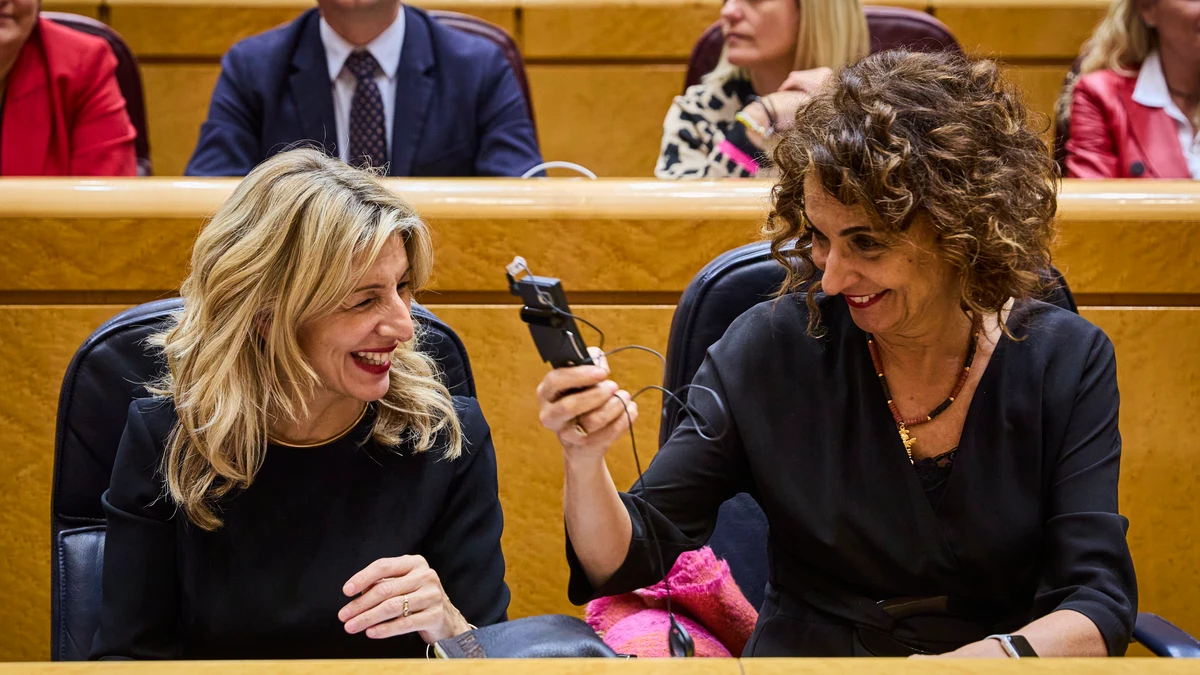I have been a nurse for 25 years, always working for non-profit organizations and in low-income communities. On a regular basis, I see patients with serious mental illnesses, substance abuse disorders, trauma and the accumulated pain of lifetimes of struggle. I know that these men and women live on society’s margins, that at the best of times they barely get by and need whatever community resources we can marshal to send their way. I also know that, while incarceration is certainly necessary in some circumstances and for some individuals, we can’t incarcerate our way out of addiction epidemics, lack of housing, and other social woes. We’ve tried that before, and it doesn’t work. It doesn’t break cycles of trauma and of crime, and it doesn’t help crime victims and their families heal.
This year, an initiative on the statewide ballot, Proposition 36, seeks to return California to the destructive days of the failed war on drugs, when we invested all our safety resources into responding to crime and harm after they’d already occurred, while doing nothing to prevent crime from occurring in the first place. As a survivor of crime who wants more than anything else to prevent what happened to me and my family from happening to anyone else, I urge California voters to reject this failed approach.
In 2015, my son, Juan Carlos Munoz Jr was murdered by gang members who mistook him for a member of a rival gang. He and a friend were shot in broad daylight while driving to another friend’s funeral. The passenger survived; my son passed away after being rushed to the hospital.. For my husband and I, the loss of our only son was a pain beyond all description.
Nearly a decade later, my husband and I remain devastated. Our son wanted to be a psychologist, but will never get that chance.
We’ve dedicated our lives to ensuring Juan Carlos’s legacy is more than being a victim. He wanted to help people manage their problems and to be a healer. In his name, we established a trauma recovery center, Junior’s Trauma Care Initiative, aimed at breaking the cycles of violence and of despair in vulnerable communities. We have a response support team and trained lived experience advocates and therapists who go out to support families who have suffered from crime or are otherwise traumatized. Over the years, we’ve helped over 400 families break generational cycles of trauma and violence from San Diego’s South Bay to Riverside County.
In the decade since California began sentencing people to up to a year in local jail for committing low level, non-violent crimes like drug possession and petty theft instead of sending them to state prison at enormous taxpayer expense, the state has saved nearly $1 billion. That money has funded an expansion across California in the number of trauma recovery centers like mine, places where victims can heal from their trauma and interrupt cycles of violence and harm. If Proposition 36 is approved, however, and we start sending people convicted of low level crimes to prison again instead of jail, at a cost of more than $130,000 per prisoner, per year, those savings will evaporate, and the funding for trauma recovery centers will disappear.
At a time when we should be doubling down on strategies we know work to prevent crime and keep our communities safe, Proposition 36 is asking us to defund them and instead use that money on strategies recent history teaches us don’t work.
Related Articles
California families need a break at the pump, let’s suspend the gas tax today
Newsom’s anti-satire law tries to kill the joke — and the First Amendment
Hurricanes and other natural disasters aren’t going away. We must double down on what makes them more survivable.
Trump’s presidential campaign is built on irrational hatred toward migrants
Russian gas is still transiting Ukraine, so why stop now?
Of course, not everyone who commits a crime should be treated leniently. We would have been horrified, both because of our own heartbreak and the risk he posed to others in the community, had our son’s killer not received an extremely lengthy prison sentence.
But huge numbers of people convicted of non-violent crimes would benefit far more from treatment, including through enrollment in Trauma Recovery Centers. The same sorts of mental health interventions that help victims of crime can also help those on a path toward committing crimes. They can break cycles of dysfunction that otherwise lead to young men and women committing crimes and harming others.
Proposition 36 will not reduce crime and it will not make us safer. Especially now, we must not go back to the failed approaches of the past we know do not work. Instead, we must recommit to investing in the strategies we know work to prevent crime and harm and that keep our neighborhoods safe.
Elizabeth Muñoz and her husband Carlos reside in San Diego.


























